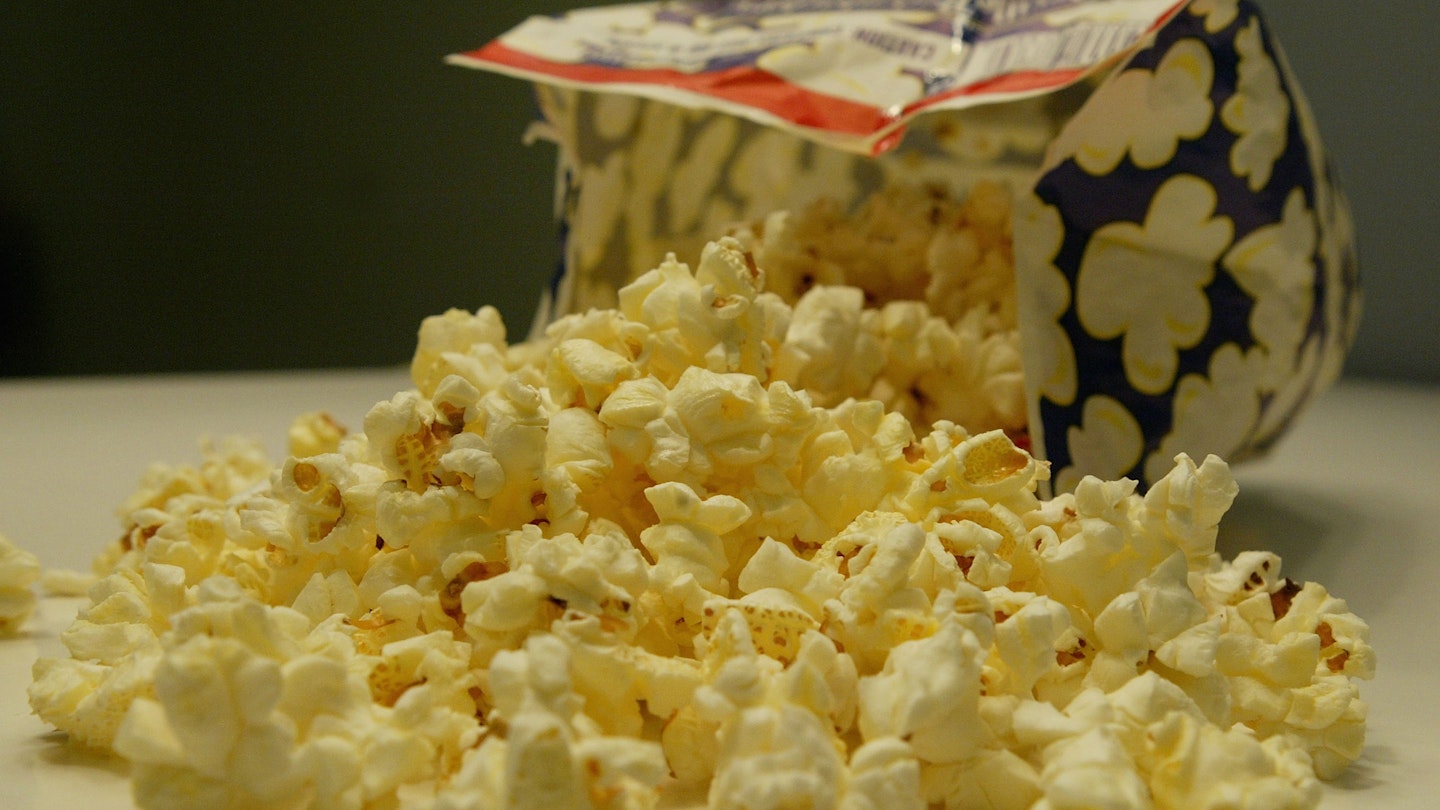While us Brits might be world-renowned for our love of tea, we’d hazard a guess that there’s one culinary delight even closer to the nations’ heart – crisps. Few other countries can offer the sheer variety of potato-based snacks that we do here in the UK, and nary other nation has such devoted fans to each kind of crisp. We all have that one friend who swears by the restorative power of a packet of Hula Hoops, or that posh friend who always puts out the Kettle Chips. Crisps are a way of life for the British – our childhoods were largely defined by either being allowed or banned from Monster Munch.
But it looks like it might finally be crunch time for crisps (sorry). Market research firm Mintel has reported that the amount the amount spent annually on regular crisps (think Walker’s classic) in this country has fallen from £1.39bn in 2013 to an estimated £1.34bn in 2015. While the sales of more offbeat crisps like Doritos have enjoyed a slight climb, if there’s one snack that’s snapping at their heels, it’s popcorn.
Popcorn is now up from £50m in 2010 to a whopping £129m in 2015, which also marks both a cultural shift, as popcorn is now included in many supermarket ‘Meal Deal’ offers – an honour previously reserved for crisps alone.
Our nationwide love affair with popcorn begun a few years ago, and has resulted in new popcorn brands, like Propercorn and Joe & Seph’s appearing, as well as existing crisp brands like Tyrell’s branching out into popcorn. Make no mistake – this popcorn is nothing like the mushy, over poweringly sweet or salty stuff you used to get at the cinema. We’re talking sundried tomato, salted caramel and other Nigella-friendly flavours here.
The million pound question (or £129 million question, to be exact) is: is popcorn actually healthier? It’s a wholegrain, which means it packs in fibre, but with most of Propercorn’s offerings being around the same as the calories found in a can of Coca Cola (Propercorn’s Sweet and Salty has 129 calories, Coca Cola has 139), it’s not the most saintly snack.
Then there’s flavourings. However gourmet, this new breed of popcorn snacks still has added salt and sugar.
It would be remiss not to mention the dental dangers, too. Popcorn, like all white processed carbs, creates lactic acid in the mouth when chewed, which contributes to tooth decay. Unlike bread, however, popcorn is excellent at getting lodged in the teeth and gum line – and if you can’t get it out, it can lead to serious dental problems (and a serious dentist bill.)
The moral of the story? Popcorn is fine as a treat. Otherwise, it might be back to the carrots and hummus.
